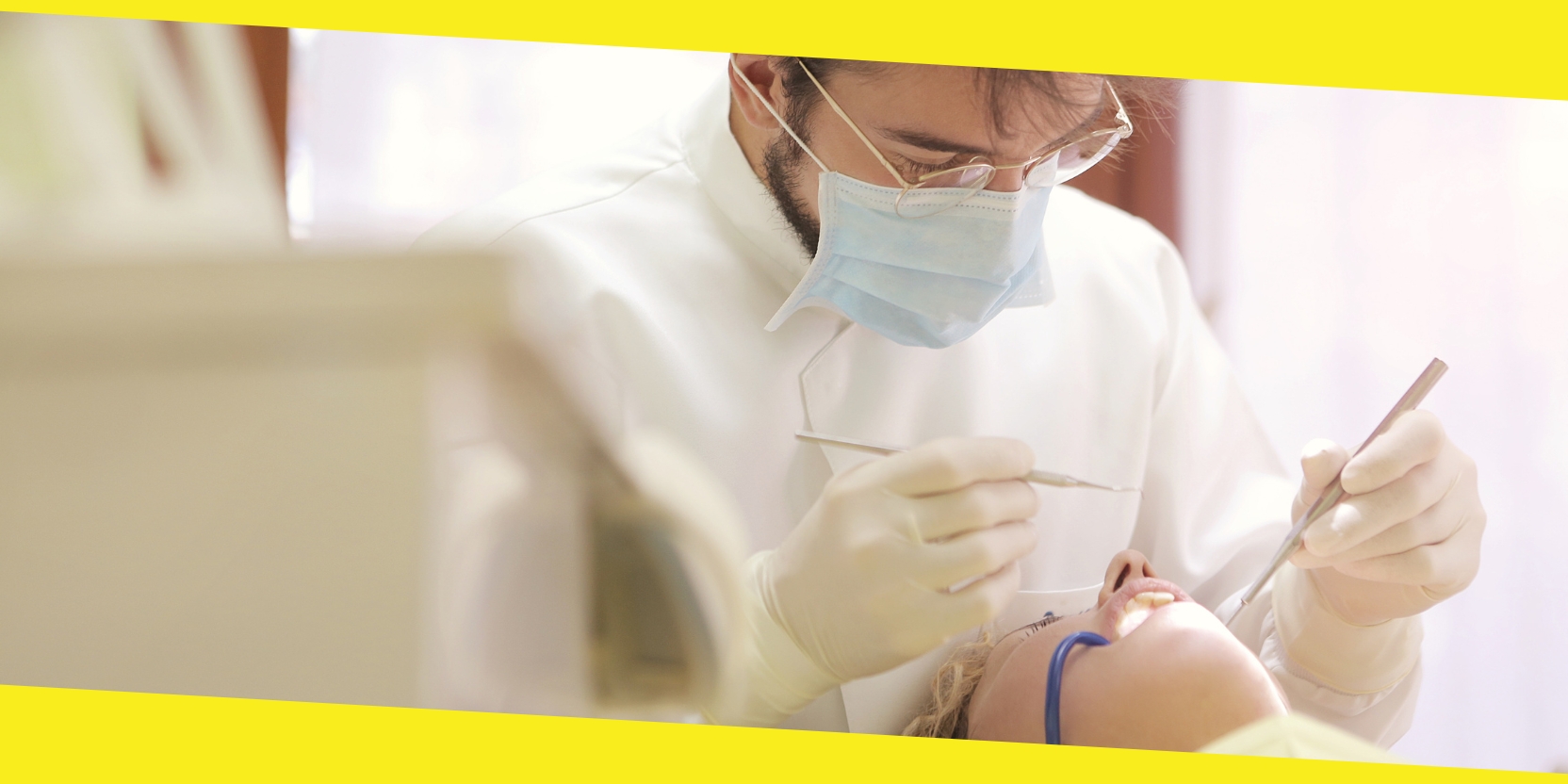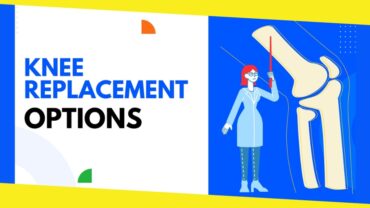6 Things To Know Before Getting Your Wisdom Teeth Removed

Has your doctor recommended wisdom tooth removal to you? Even though this is a very common procedure, you may have a few questions about what to expect. The more you know about extracting your wisdom teeth, the better you will be able to handle the procedure. This knowledge will also help you stay healthy post-surgery. Here are some essential things you should know before removing your wisdom teeth.
Contents
Toggle1. Should I have my wisdom teeth removed if they aren’t bothering me?
There are many people whose third molars come in without pain or problems, but that doesn’t mean you shouldn’t go to the dentist. Instead, get your teeth examined right away. You might need to realize that the tooth is only partly out and could cause an infection. The teeth will be more firmly attached to the jawbone, and broken roots may move into the sinuses. As you age, the risk of extraction increases and most dentists don’t like taking out wisdom teeth from people over 30.
2. What should I do if I cannot afford dental care for wisdom teeth?
Even if you live in the world’s sixth most expensive city, San Francisco, you should not put off looking for good Wisdom teeth removal services in SF and seeking treatment. All the more reason if you experience symptoms like pain, swollen or bleeding gums, or changes in the appearance of your teeth. It sounds counterintuitive, but primary and preventive care is much less expensive than paying thousands of dollars for severe oral health problems like tooth decay, loss, and even some form of cysts or cancers, usually associated with partially erupted wisdom teeth.
3. What are the signs that my wisdom teeth are problematic?
As we mentioned, wisdom teeth often emerge without causing any complications. However, when wisdom teeth come in at an odd angle — as they usually do — they can crowd the other teeth and grow roots into them. This makes them harder to clean well and can lead to tooth decay in the long run.
Sometimes, if they don’t have room to grow, wisdom teeth break through the gums only partially, thus, getting stuck or impacted in the gum tissue. This impaction can lead to infection and inflammation of the tissue surrounding the affected tooth, which may need to be extracted.
You may have swollen, red gums, jaw stiffness, and an overall feeling of illness. In some instances, a cyst can grow around an impacted wisdom tooth, causing harm to the bone, teeth, and gums in the vicinity. Although you can use medications to treat infections, removing the impacted wisdom teeth is usually necessary.
4. Do patients frequently encounter health issues after delaying wisdom tooth extraction?
People tend to ignore important health issues if they are not in pain, but the third molars could cause many health problems. Unless your dentist tells you otherwise, it is often best to get rid of these teeth to be safe.
You can experience the following dental issues at any age if you don’t have your wisdom teeth extracted on time:
- Repeated soft tissue infections
- Fluid-filled cysts near the tooth
- The onset of a gum disease
- Gradual second or third molar decay
- Crooked, uneven, or misaligned teeth
- Tumors
5. Can I eat or drink before they extract my wisdom teeth?
This depends on whether your surgery is done with a local or a general anesthetic. For local anesthesia, you can eat a light meal and have some fluids up to an hour before surgery. If you are getting a general anesthetic, you will usually need to stop eating and drinking 6 to 12 hours before your surgery. Check with your dentist to see whether or not you’re allowed to eat and drink before the procedure.
6. Will I feel any pain during the procedure?
No. Before pulling out your wisdom teeth, your oral surgeon will give you an anesthetic to ensure you don’t feel any pain. Still, you may feel discomfort a few days after the procedure as your body heals. Dentists often suggest taking an over-the-counter pain reliever to deal with painful side effects. After the procedure, make sure to follow their aftercare instructions closely. This will help you avoid problems like dry sockets, infection, etc.
Conclusion
As the procedure requires anesthesia, you must arrange a ride home. Also, it would help if you didn’t consume anything solid for at least a day post-surgery. Drink plenty of water, though. Avoid drinking hot or cold, caffeinated, carbonated, alcoholic beverages in the first 24 hours. Consult your dentist for advice on what you should and shouldn’t consume. It’s also important not to brush your teeth too soon after the procedure. If you do, you risk irritating the empty sockets. Don’t clean your teeth until your mouth has completely healed. Avoid smoking. Tobacco can also irritate oral tissue, slowing the healing process.
Recommended For You
Exploring Knee Replacement Options: Making the Right Choice for You
Most Inside
Most Inside offers high-quality recommendations and valuable updates to enhance all aspects of your life, providing premium guidance and enriching experiences.




